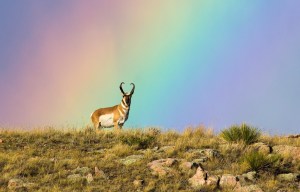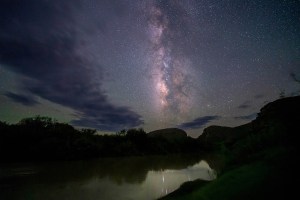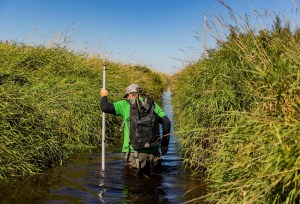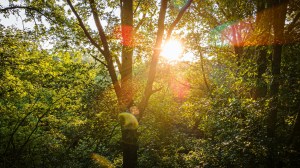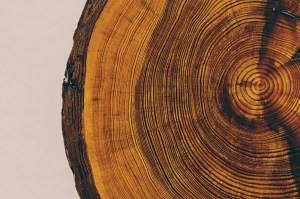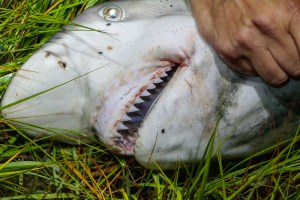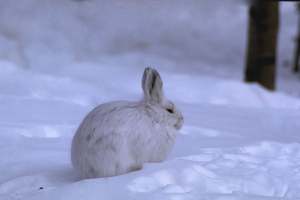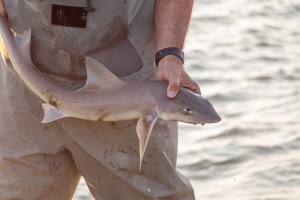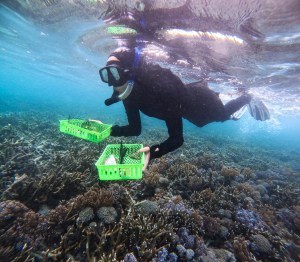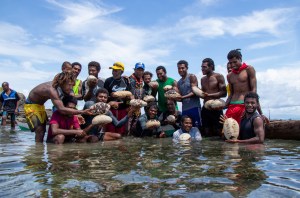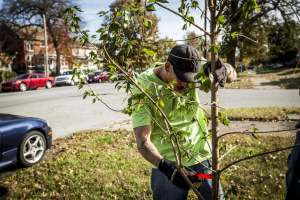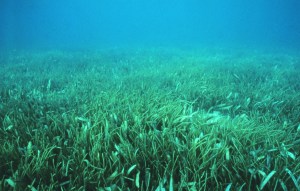Discover stories in Geography
Cool Facts About the Pronghorn and Its Migration
The world’s second-fastest land animal sheds its horns. And it’s not an antelope.
Dark Skies & Rare Insects: A West Texas Preserve Becomes a Hotbed for Research
TNC's Davis Mountains Preserve is an international dark sky reserve, but it's also a hotspot for ecological research, from rare insects to bats.
Going Ghostbusters on Peatlands
Conservationists take the first steps towards restoring some Minnesota peatlands.
For Climate Adaptation, Forests Offer More Than Carbon Storage
New research finds that forests play a far greater role in protecting people from climate change than previously recognized.
Reading the Tree Rings
By reading tree rings, scientists can see evidence of rainy years, periods of drought, bug infestations, forest fires and even volcanic eruptions.
Catching Sharks for Science
On Long Beach Island, volunteer anglers help researchers uncover the hidden journeys of sharks in threatened salt marsh ecosystems.
How Extreme Winter Weather Can Affect Wildlife
How extreme winter weather can challenge many species, from opossums to manatees to Carolina wrens. What are you seeing in your neighborhood?
Seeing the Salt Marsh for the Sharks
Shark tagging in New Jersey’s salt marshes reveals migration patterns and shows how restoring wetlands strengthens vulnerable coasts.
Stress-Testing Corals to Find Raja Ampat’s Most Resilient Reefs
Low-tech field science and community partnerships combine to help identify the most climate-resilient reefs in Raja Ampat.
Case Study: Sustainable Sea Cucumber Fisheries Offer Both Rewards & Challenges
Sustainable fisheries can be a win-win solutions for both conservation and local communities, especially in the Indo-Pacific. But establishing them comes with unique challenges.
Greener Cities, Cleaner Air: How Urban Design Can Help Save Native Birds
Urban greening and pollution reduction restore bird habitats. This research shows how conservation transforms cities for people and nature.
Can We Turn Back the Tide on Wastewater Pollution?
Tampa Bay proves recovery is possible: decades of science and collaboration restored seagrass and water quality—offering lessons for coasts worldwide.
